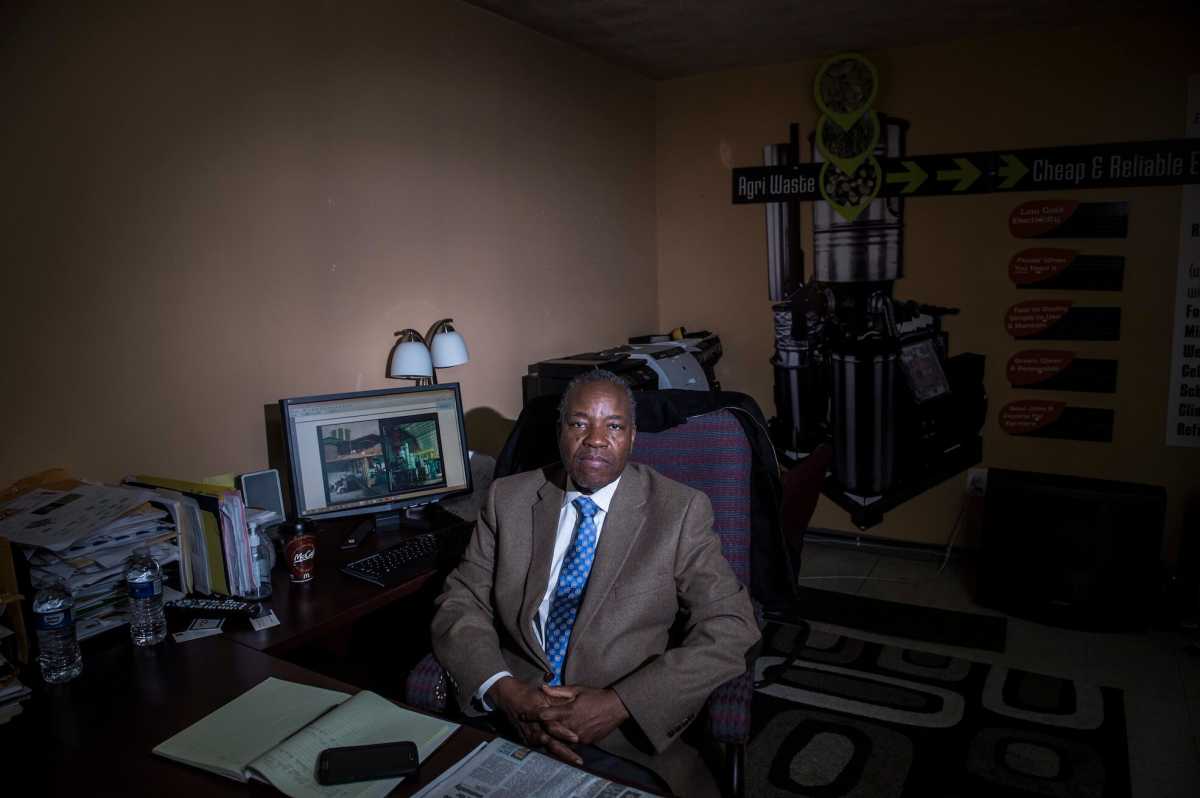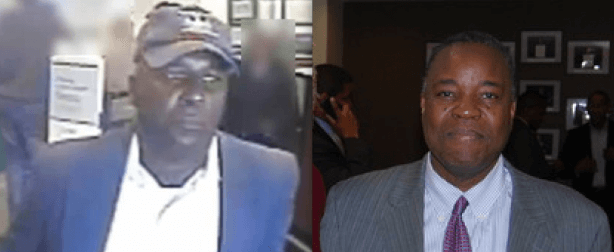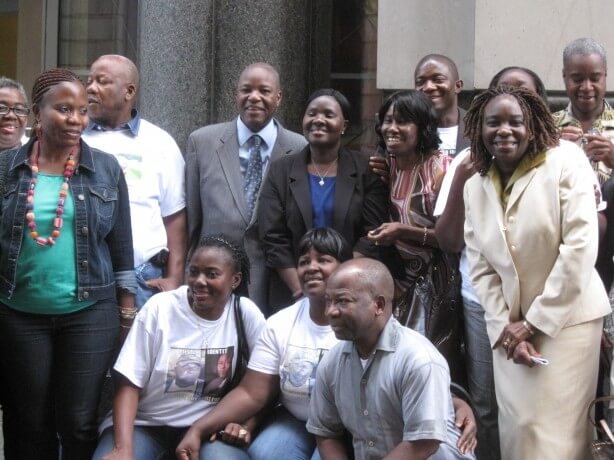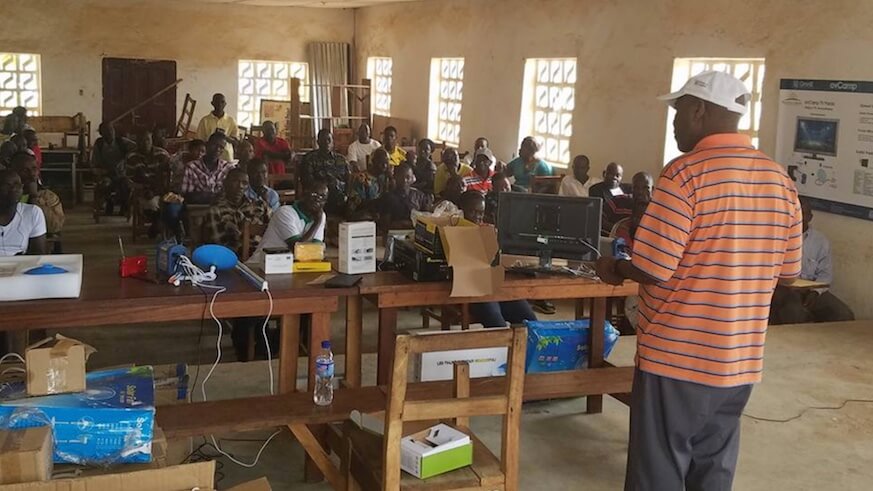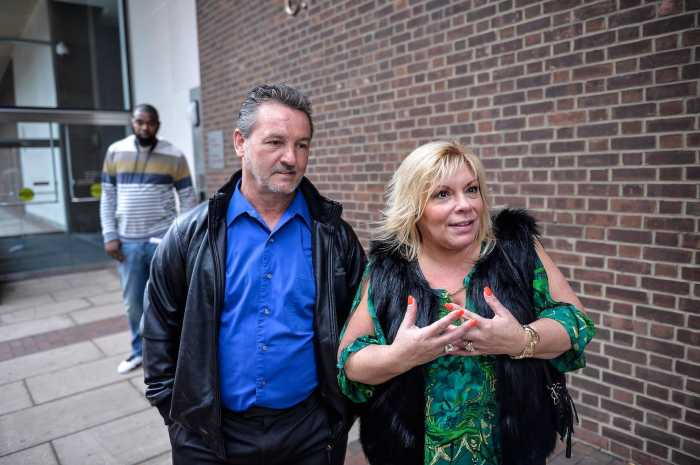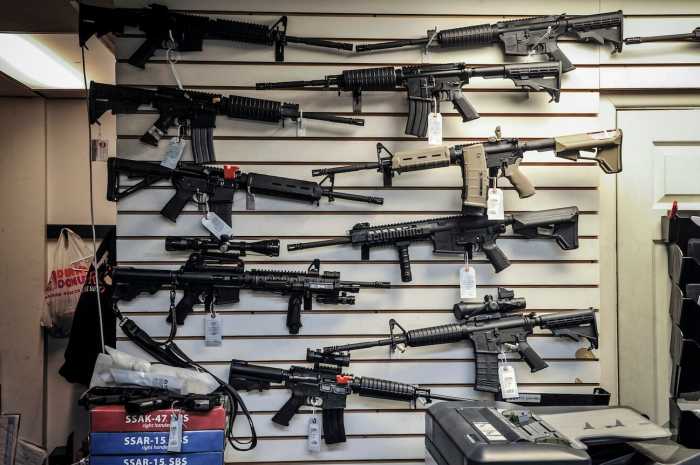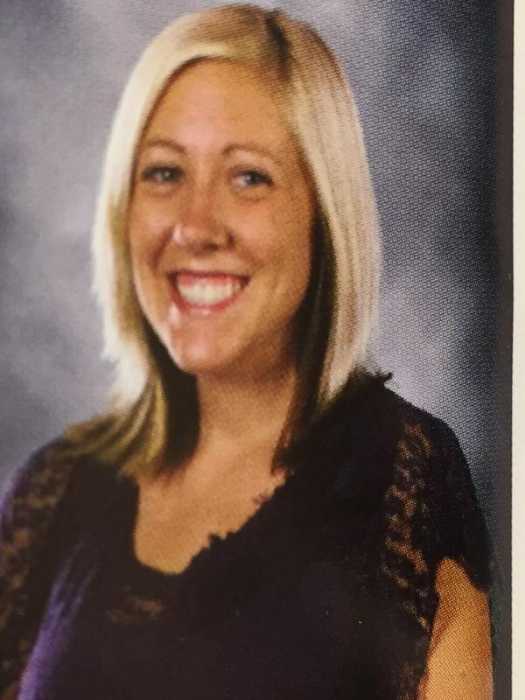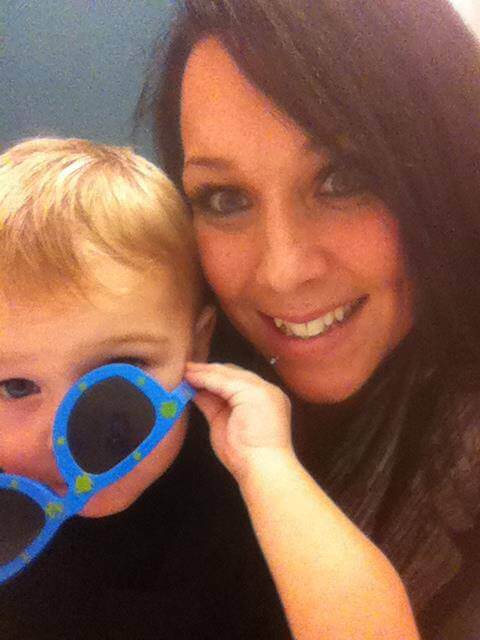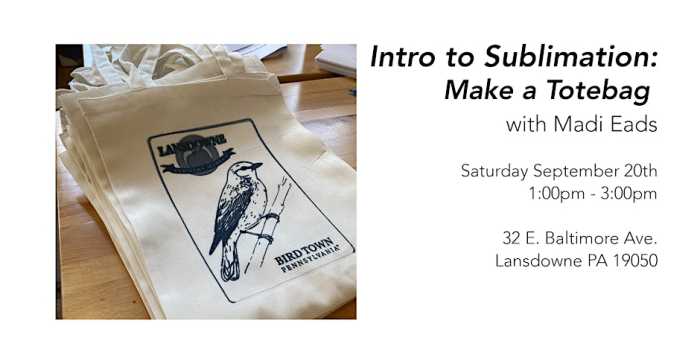“I thought it was a joke.”
Sitting in his office behind his wife’s hair salon in West Philadelphia, Vickson Korlewala is going over their arrest on robbery charges a year ago — charges that, he claims, were baseless.
He says that police evidence — surveillance images of the robbery — shows a suspect who does not resemble him, except for the color of their skin.
The charges were eventually dropped over a technicality, and expunged with no opposition from the D.A.’s office.
But that doesn’t erase the weeks in jail spent by Vickson, 58, and his wife Lorpu, 50, both immigrants from Liberia, or the months of trial dates with robbery charges hanging over them.
“When I realized that it was not a joke, that I was in jail, it was the most fearful thing that ever happened to me in my life. Because it was wrong,” Korlewala said. “I’ve never been arrested in my life.I could see my whole future just went blank.”
Korlewala described the indignity of the arrest and incarceration as traumatic. He said he and his wife were threatened by police officers during the interrogation, and were both intimidated by other inmates in jail.
“What my wife went through – at night she is crying in her dreams. She wakes up sweaty. She never had that before.”
Korlewala is a chemist and the founder of Ecopower Liberia — a company that specializes in renewable energy technology that he hopes to export to his homeland. He develops technology that burns abundant materials, like cassava, coconut shells and wood chips into ethanol — as an alternative to burning charcoal, which is common, and which pollutes the air.
“Ninety-five percent of the population does not have electricity,” Korlewala said . “The cost of electricity is very high, the cost of fuel is very high.”
“We think that if we can work with this stuff that is naturally available and so abundant, it would benefit people.”
But his work was put on hold on April 1,2014, when 18thdistrict officers approached him and told him he was being placed under arrest.
The alleged crime was the robbery of an elderly woman who was forced to withdraw thousands of dollars from her account at a Citizens Bankby a male and female duo driving a green SUV. The victim was pushed out of the robbers’ car around the corner from Lorpu’s hair salon, near 55thand Market streets.
Then, a day later, the Korlewalas were charged with a second, similarrobbery of an elderly woman in Old City that had occurred two months earlier.
At least one victim identified the Korlewalas as the robbers — but surveillance images from the Citizens Bank robberydon’t resemble him.
“Thank God for that,” Korlewalasaid of the video.”I would have thought this shouldn’t have even gone to court in the first place. A little due diligence would have resolved this all.”
The charges were dropped in September 2014because prosecutors failed to present new line-up identifications, and the charges were expunged one year after the original arrest.
Korlewala never filed an Internal Affairs complaint, but has a pending motion seeking the return of possessions seized during the arrest — including his and Lorpu’s cell phones and cash they had on them. He also has an attorney who has is advising him on a potential lawsuit over the arrest.
The officers who arrested Korlewalacouldnot be reached for comment on the case.
“If this individual thinks something inappropriate was done, we have a process for investigating misconduct, and that’s through Internal Affairs. He has to file a complaint. We are very accommodating of anyone who wants to file a complaint,” said Lt. John Stanford of the Philadelphia Police Department.
Internal Affairs records for the officers and detective who arrested Korlewala do not show any complaints filed against them ever being substantiated, although the claims include details similar to Korelwala’s case — such as phones being seized from people later not charged, and a misidentified residence being invaded by officers.
For Korlewala, who still doesn’t understand how he and his wife were linked to the crime, his arrest is a sad testament to flaws in the justice system, he said.
“We can’t have these officers on the streets.These guys really should not be doing this kind of job,” he said. “It’s heart-breaking to see that the justice system is like this.”
Over and over discussing his case, Korlewala stressed that he considers himself lucky for having family and friends who supported him — unlike many of the other inmates he met in jail, he said.
“There’s so many young kids in jail, so many don’t have the money to come out,” he said.
“What would happen if they did this to someone who didn’t have that support system?”



